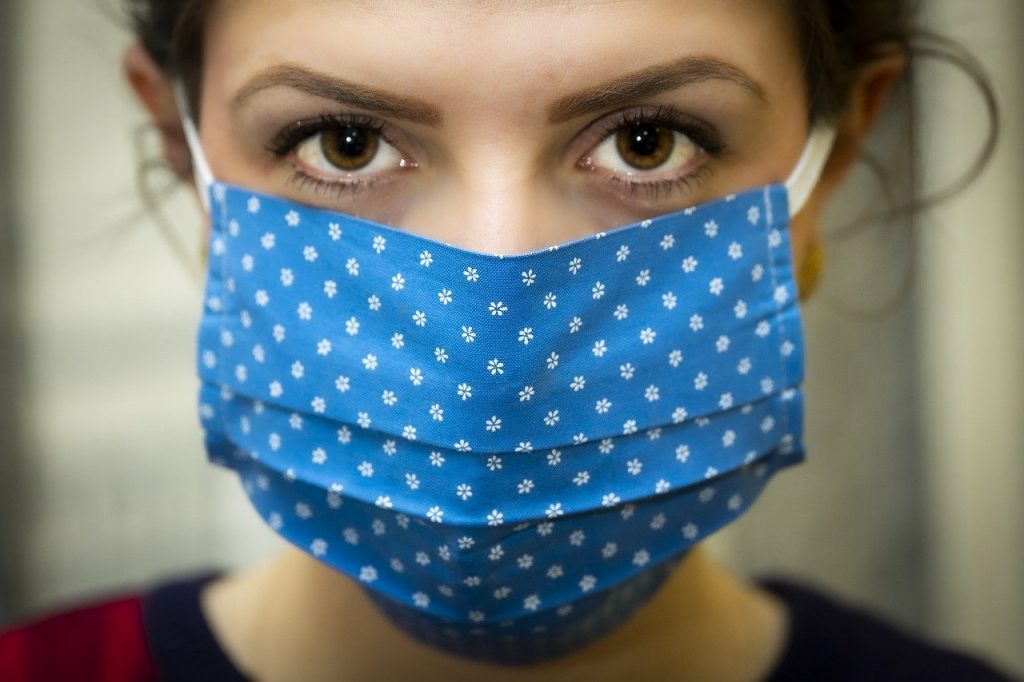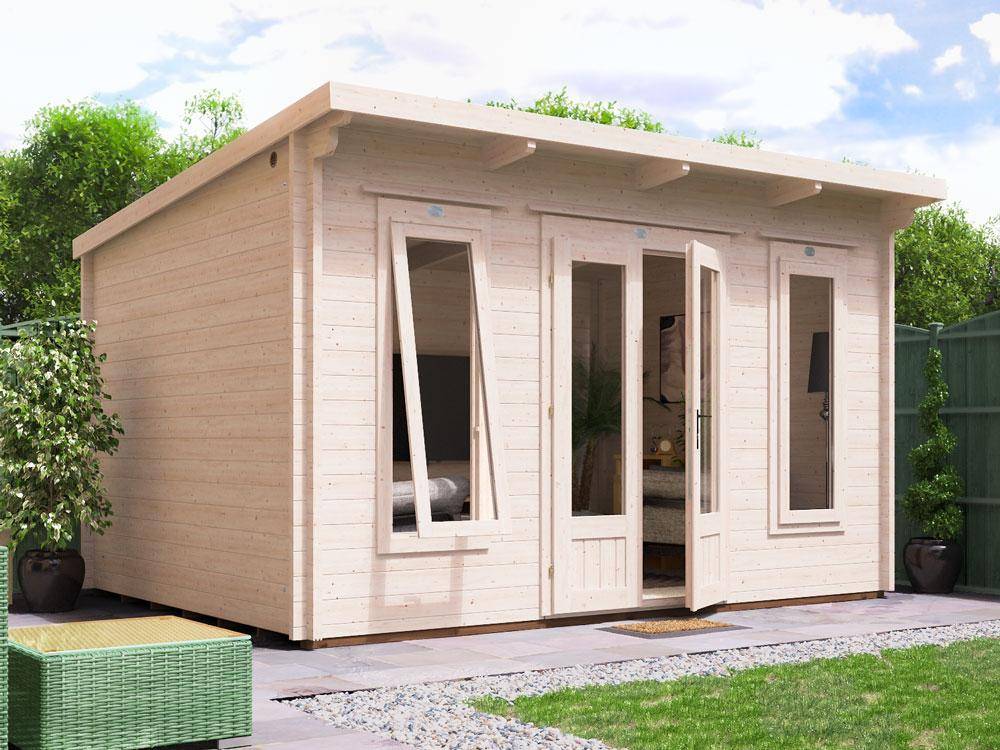Health Secretary Sajid Javid says pressure on the NHS is the main factor that could lead to the government implementing their Plan B for tighter Covid restrictions in England.

There is no “single trigger” for the government to move to its “Plan B” Covid measures. But “the number one issue” to watch is how the NHS are coping.
Scientists warn of the potential for a significant rise in Covid hospitalisations if measures are not tightened. The Scientific Advisory Group for Emergencies (Sage) suggest that by next month, hospital admissions could reach up to between 2,000 and 7,000 a day. This compares to the current average level of just over 750 per day in England.
Sage say, a “relatively light set of measures” could help to keep case numbers down. But only if they bring them in soon enough.
However, Prime Minister Boris Johnson is focusing his attentions on vaccinations. He hopes to avoid needing more restrictions by ensuring more people get vaccinations.
The winter plan
On Tuesday, Mr Johnson announced the government’s winter plan for tackling Covid in England. However, some measures remain in reserve as a Plan B for if the NHS face unmanageable pressure. This includes compulsory face mask wearing, vaccine passport requirements, and working from home advice.
The health secretary says: “We don’t want to get to a position ever again where there’s unsustainable pressure on the NHS so it’s not able to see people in the usual way when it needs to, particularly emergency patients”. That makes it the main issue to “always keep an eye on”. Factors to consider include the number of hospital admissions, staff levels and the pressures on Accident & Emergency departments.
Information from Sage states there is “potential for another large wave of hospitalisations”. Modelling shows the virus is likely to spread quicker following children returning to schools and increasing numbers going back to their workplace.
High levels of people working from home played a “very important role in preventing sustained epidemic growth in recent months”. A rapid rise in hospital admissions is highly likely with a large decrease in working from home over the coming months.
The scientists recommend people continue to work from home, and for the implementation of “light-touch measures”. They suggest clear messages telling people to “act cautiously”, more testing and wearing of masks. Additionally, they want the return of all close contacts of positive cases needing to isolate. The fear is that if the epidemic continues growing until hospitalisations get too high, “much more stringent (and therefore more disruptive) measures would be needed to bring prevalence down quickly”.
Cases are falling
However, previous warnings that lifting all restrictions in the summer could spark large scale outbreak have not come to fruition. Over the past week, daily Covid cases in England are falling.
Thanks to the impact of vaccination, focus should now shift to the number of Covid hospitalisations and the ability of the NHS to cope. It should not lay too much emphasis on the number of Covid cases.
Expert Professor Andrew Hayward, believes home-working will make “a significant difference to transmission if we get into trouble”. This is because the most effective way to reduce spread of the virus is to not come into contact with other people.
The predictions from July were too pessimistic in assuming that re-opening society would result in a surge of infections and hospital admissions. The latest papers note that school closures, warm weather, and high numbers self-isolating played a bigger part than expected in reducing infections.
However, the previous expectation for an August peak in infections is now pushed back to take place during October to December. Re-opening of schools and colleges could cause case rates to rise significantly. An increase in infections could mean a large wave of hospitalisations is imminent.
There is no denying, the country is possibly in for a difficult winter ahead. Although sceptics may say modellers got things wrong before, so the latest papers should not be taken too seriously.
Remaining a “free society”
The prime minister is keen for the UK to remain “one of the most free societies” in Europe, and hopes the vaccination programme will allow this. He only wants limited restrictions to keep the disease under control.
Mr Johnson believes that as “many of the population have some degree of immunity, smaller changes” in behaviour “can have a bigger impact”. He urges those who have not yet taken the offer of a Covid-19 vaccine to get the jab. This will help us to avoid the need for tougher restrictions in the winter months.
The government’s chief scientific adviser, Sir Patrick Vallance, says the nation is at a “pivot point”. He says ministers must react quickly if cases rapidly increase, and can’t leave it until it’s too late. They need to stay one step ahead at all times, make moves early, go in hard, and ensure correct geographical coverage.
Chief medical officer, Professor Chris Whitty, warns that respiratory viruses such as flu could become “hugely advantaged” as we head into winter. He also stresses the fact that this autumn there are more cases, hospitalisations and deaths in comparison to last year. In the UK on Tuesday, there were 26,628 Covid cases, 185 deaths and 8,413 patients in hospital. Meanwhile around the same date last year, there were 3,105 cases, 27 deaths and 1,066 patients in hospital.
However, vaccines offer extensive protection against serious illness, with around 81.2% of over 16s in the UK having received both doses. Thosed aged over 50 or in a vulnerable group will also have the offer of a booster jab.
Thank you for reading Covid Plan B will be triggered by pressure on NHS

Looking for additional living space or somewhere quiet to work from home? Look no further – Log cabins at affordable prices.